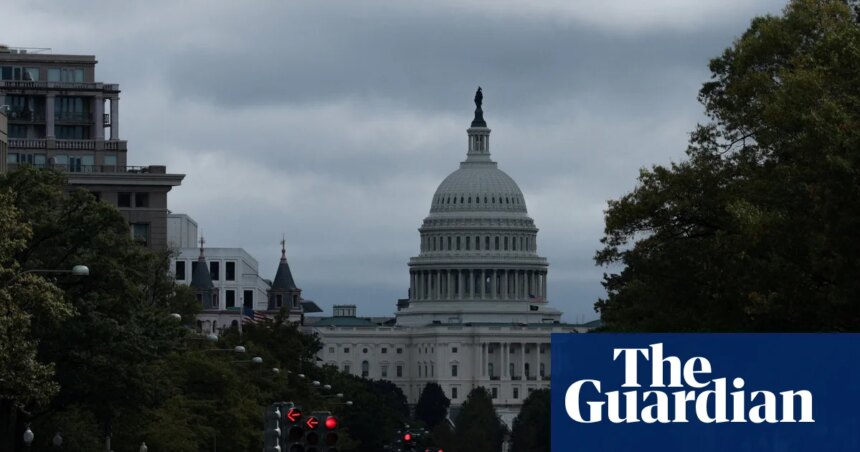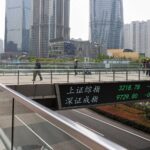Mass firings of U.S. federal workers have commenced, as Republicans intensify pressure on Democratic lawmakers to resolve a government shutdown. In a statement, the White House budget office characterized the layoffs as “substantial,” and federal workers’ unions have responded by taking legal action against the decision.
President Donald Trump commented on the potential job losses, stating that they would be significant and implied that those affected would predominantly be in sectors aligned with the Democratic Party. This government shutdown is occurring concurrently with Trump’s renewed trade hostilities towards China, during which he has threatened to double tariffs on Chinese imports up to 100%.
In a further escalation of tensions, the administration is contemplating visa restrictions and sanctions against nations that endorse the International Maritime Organization’s proposal aimed at achieving “net zero” emissions. Russell Vought, the director of the White House Office of Management and Budget, announced the initial layoffs via social media, indicating that the government’s reduction-in-force procedures had been activated, marking an expected deepening of the shutdown that is now entering its third week.
Meanwhile, in an unrelated development, Trump threatened to impose a new wave of tariffs as he accused China of taking hostile actions to limit U.S. access to rare earth elements essential for American industries. Following these announcements, Wall Street experienced a sharp decline, reflecting growing investor anxiety over another potential trade conflict between the U.S. and China.
On the domestic front, National Guard troops were observed patrolling the streets of Memphis as part of Trump’s contentious federal taskforce initiative. This deployment comes amid ongoing legal challenges related to his attempt to dispatch troops to Chicago, with a judicial ruling pending in Portland, Oregon.
In another notable event, the White House expressed discontent over the Nobel Committee’s decision to award the Nobel Peace Prize to someone other than President Trump. Steven Cheung, a communications director for the White House, stated that the committee seemed to prioritize political considerations over genuine efforts for peace.
As these developments unfold, various sectors remain on high alert, with the ramifications of the government shutdown and trade tensions likely to impact both the economy and political landscape in the weeks to come.







